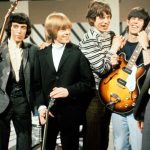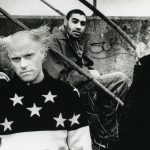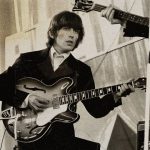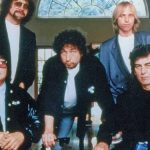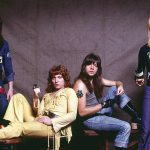U2 – “One” (1991): A Profound Anthem of Unity and Division
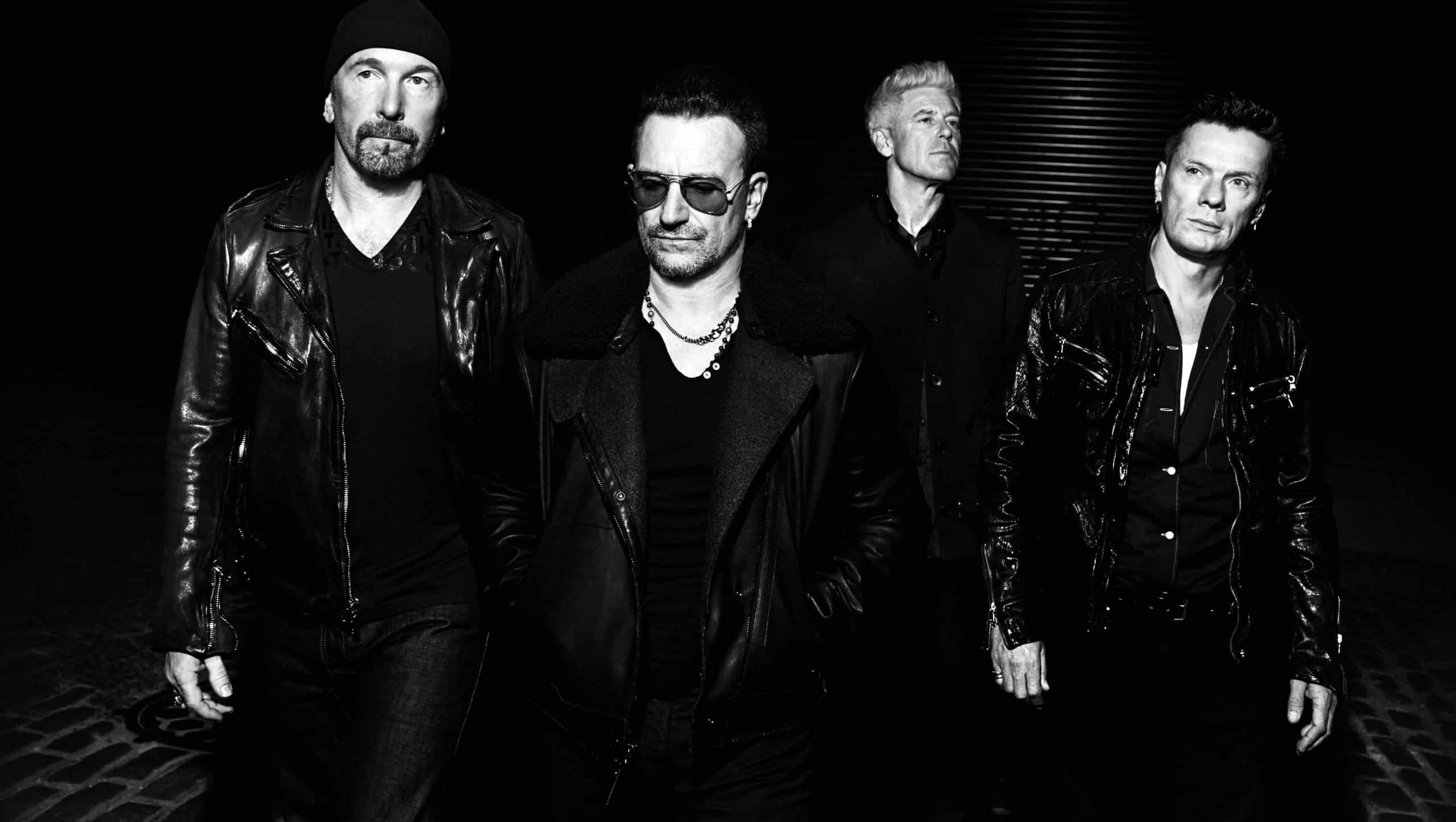
Released in 1991, “One” by the Irish rock band U2 is not only one of their most celebrated and emotionally resonant songs but also an iconic anthem of its era. Featured on their highly influential album Achtung Baby, this powerful ballad quickly became a global hit and a cornerstone of their live performances, praised for its lyrical depth and poignant melody. More than just a song, “One” is a complex artistic statement, reflecting the human struggles and aspirations in the pursuit of connection.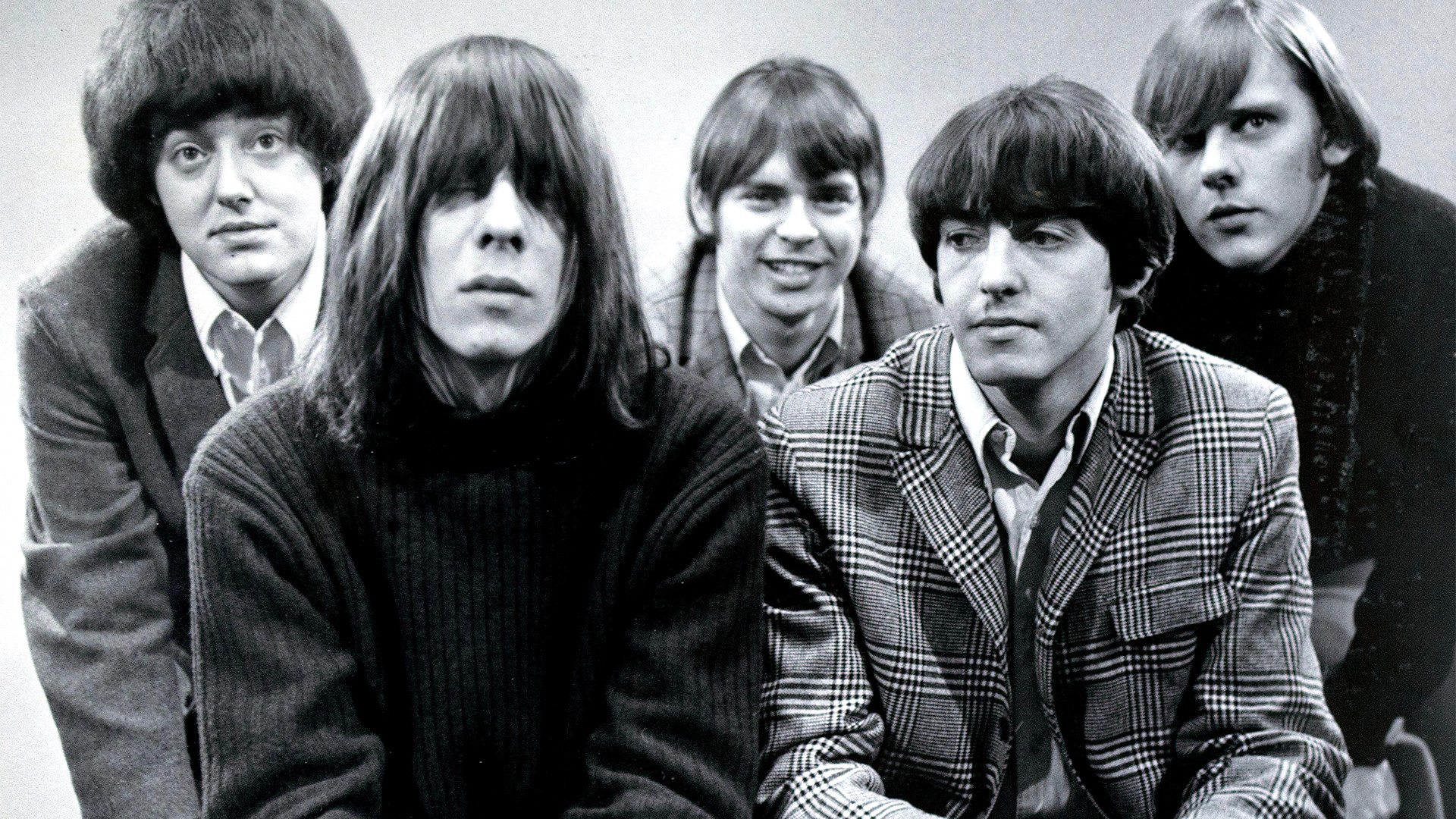
The genesis of “One” is intertwined with a turbulent period in both U2’s history and global events. As the band wrestled with the recording of Achtung Baby in Berlin, Germany – a city freshly unified after the fall of the Berlin Wall – they faced severe internal tensions. It was in this high-pressure atmosphere that an impromptu guitar riff by The Edge sparked a breakthrough. Bono immediately recognized its potential, and from there, “One” gradually took shape, not only mending cracks within the band but also becoming a profound reflection on the nature of human relationships.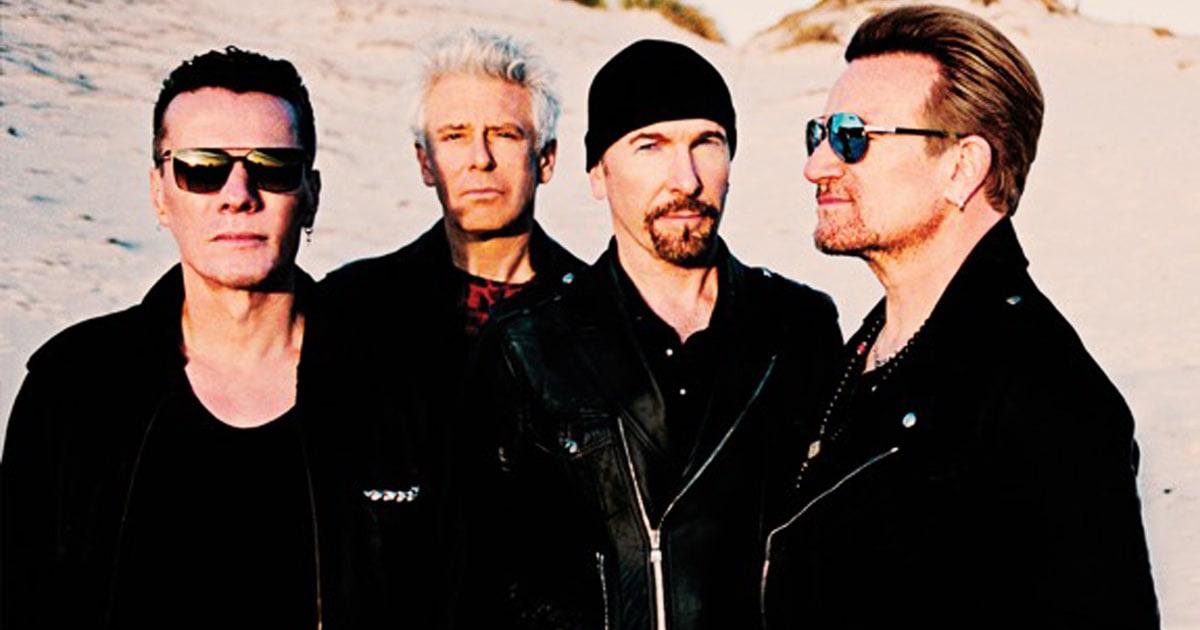
The lyrics of “One” stand out for their richness and ambiguity, inviting countless interpretations. At first glance, it can be understood as a dialogue between lovers on the brink of separation, seeking to heal old wounds and acknowledge past failures. Lines like “Is it getting better / Or do you feel the same? / Will it make it easier on you now / You got someone to blame?” resonate with the insecurity and pain within a fractured relationship.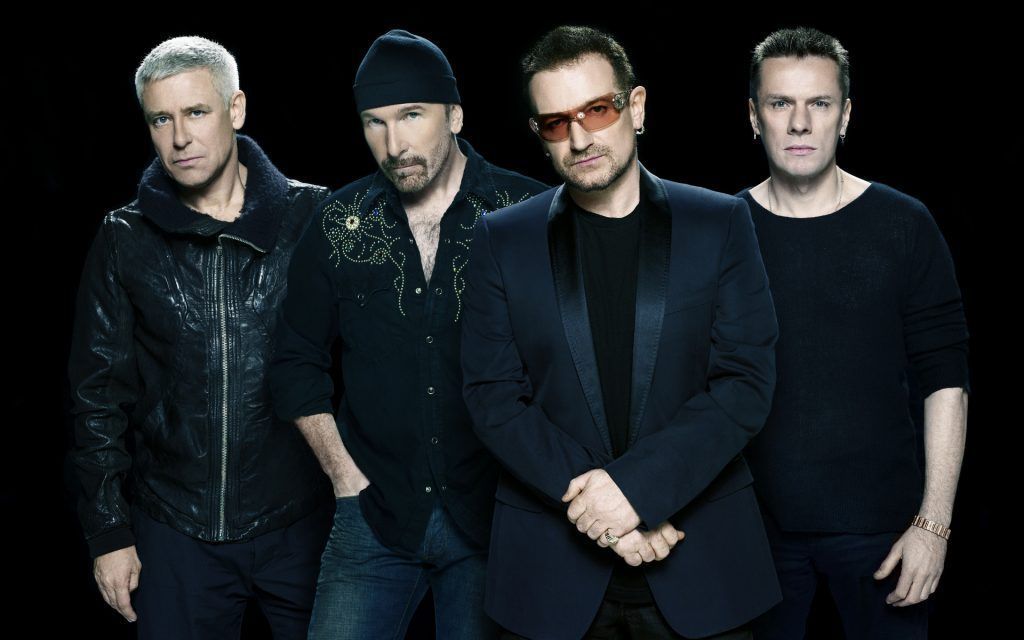
However, the meaning of “One” extends beyond the personal realm. It is often interpreted in social, political, and even spiritual contexts. The song’s ambiguity allows it to serve as a commentary on division and the need for solidarity within communities, nations, and humanity itself. Against the backdrop of the fall of the Berlin Wall and Germany’s reunification, the song took on particular significance, touching upon the scars of history and the hope for a shared future. It is not a call for blind unity, but rather an acknowledgment that despite differences, humans are connected by a shared thread of experience, suffering, and a yearning for understanding. “We’re one, but we’re not the same / We get to carry each other” – this line encapsulates the complex message of unity coupled with respect for individuality and mutual responsibility.
Bono’s heartfelt vocals, brimming with vulnerability and power, are the soul of the track. They convey a sense of urgency and compassion, making every word resonate deeply. Coupled with The Edge’s signature guitar work – his echoing, effects-laden, and often distorted sounds, along with the rich, atmospheric rhythm section provided by Adam Clayton and Larry Mullen Jr. – “One” creates a soundscape that is both majestic and contemplative.
“One” has become an emblem of U2’s humanitarian and social activism. The band has frequently used the song to raise awareness for issues such as AIDS and global poverty, turning it into a rallying cry for empathy and collective responsibility. The enduring power of “One” lies in its ability to connect with audiences of all ages and backgrounds, reminding us of the invisible threads that bind all people, even when we are different.
“One” remains a timeless classic, cherished for its universal message of striving for connection despite inherent differences, and its enduring impact as one of U2’s most profound and lasting achievements. It is not merely a song; it is a philosophy encapsulated in melody, continuing to resonate and inspire millions worldwide.
